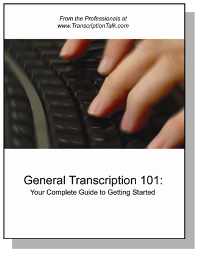"Hooking up words and phrases and clauses."
For a further trip down memory lane, you can watch the Schoolhouse Rock video here.
A conjunction links words or groups of words together. There are two kinds of conjunctions in English: coordinating and subordinating. Coordinating conjunctions are those that join those words, phrases and clauses that were being sung about in Conjunction Junction. Subordinating conjunctions, however, are found at the beginning of a dependent clause and join that clause – the subordinate clause – to the main clause.
Coordinating Conjunctions
for * and * nor * but * or * yet * so
I learned to remember these with the acronym FANBOYS in school, as I'm sure many others out there did.
Coordinating conjunctions that connect to independent clauses are generally preceded by a comma unless the independent clauses are balanced, in which case, the writer is allowed to leave the comma out as a matter of style preference.
Today I went to the store, and tomorrow I will go to the gym.
They are also used without commas to list items in a series.
Mandi and Tara and I are all transcriptionists.
A comma is used before "but" to show contrast and before "and" in the last item of list. For this last one, however, many writers choose not to use the comma, and it is not used in the AP Style. As always, be consistent with the way you choose to go.
A Few Subordinating Conjunctions
before * because * after * since * although
if * whereas * unless * while * whenever * when
Subordinate conjunctions can be found at the beginning of a sentence or following the main clause, but they will always introduce the dependent clause that is being linked to the main clause. In the examples below, the main clause is bold.
Although I wanted to go to the party, I was unable to make it.
We went to the grocery store because we needed milk.
Look for further posts on how to correctly punctuate specific conjunctions, including "so," my personal favorite.


0 Comments:
Post a Comment